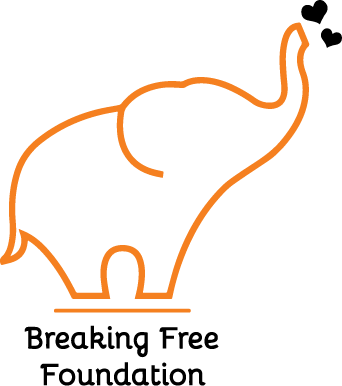The link between child bullying and adult PTSD
Today is Pink Shirt Day, an awareness initiative focused on anti-bullying, a topic that rarely gets associated with trauma, but it should. Recent updates to the definition of PTSD, as well as our understanding of it, proves that victims of bullying can develop PTSD later in life.
PTSD is caused by one or a series of terrifying events and results in delayed and prolonged symptoms such as anxiety, depression, withdrawal, suicidal thoughts/behaviour, substance abuse, and emotional issues. Being victim to continuous bullying would absolutely fall into this definition of a "series of terrifying events".
In worst-case scenarios, the abuse of bullying can lead its young victims to suicide, sometimes called "bullycide." But even though most children grow out of the stage of bullying and being bullied, victims of this hateful crime are still at risk for the long-term effects of PTSD. [Psychology Today]
Some examples of bullying include:
Physical violence
Verbal teasing
Spreading rumours
Excluding/isolating
Group mentality/"ganging up"
Cyberbullying
Cyberbullying is on the rise in Canada, thanks to the prevalence of social media and the ease of access to the Internet. Just a few months ago, it was released that one in every five young Canadians has been victim to cyberbullying. That's more than 1.1 million kids and adolescents in Canada alone.
Being a victim of either cyberbullying or cyberstalking raises the risk of having a reported emotional, psychological or mental health condition and a low level of trust in people at school, work, or in the neighbourhood, the report says. [CBC]
Keeping empathy and compassion in mind, we know that hurt people hurt people, and there are a number of reasons why children may resort to becoming bullies. This can include factors like neglect or abandonment issues, abuse, etc.
However, the best defence against developing PTSD later in life, is to stop and prevent the bullying early on. This requires adults to be mindful when it comes to this, especially for parents, those who work with children or in schools (as this is where it commonly occurs). Here are some signs a child may be being bullied:
Isolated or disconnected behaviour
Sudden physical complaints (be mindful of reasons for the child not to attend school or events)
Drop in school performance or interest
Insomnia or nightmares
Withdrawal, depression
Hyper-vigilance, anxiety
The RCMP has online self-assessment tools to help you understand if you've fallen victim to cyberbullying, or bullying.
By keeping a conversation going about anti-bullying, we can do so much to end this type of trauma. Take part in the conversation with us today on Twitter with #PinkShirtDay.

